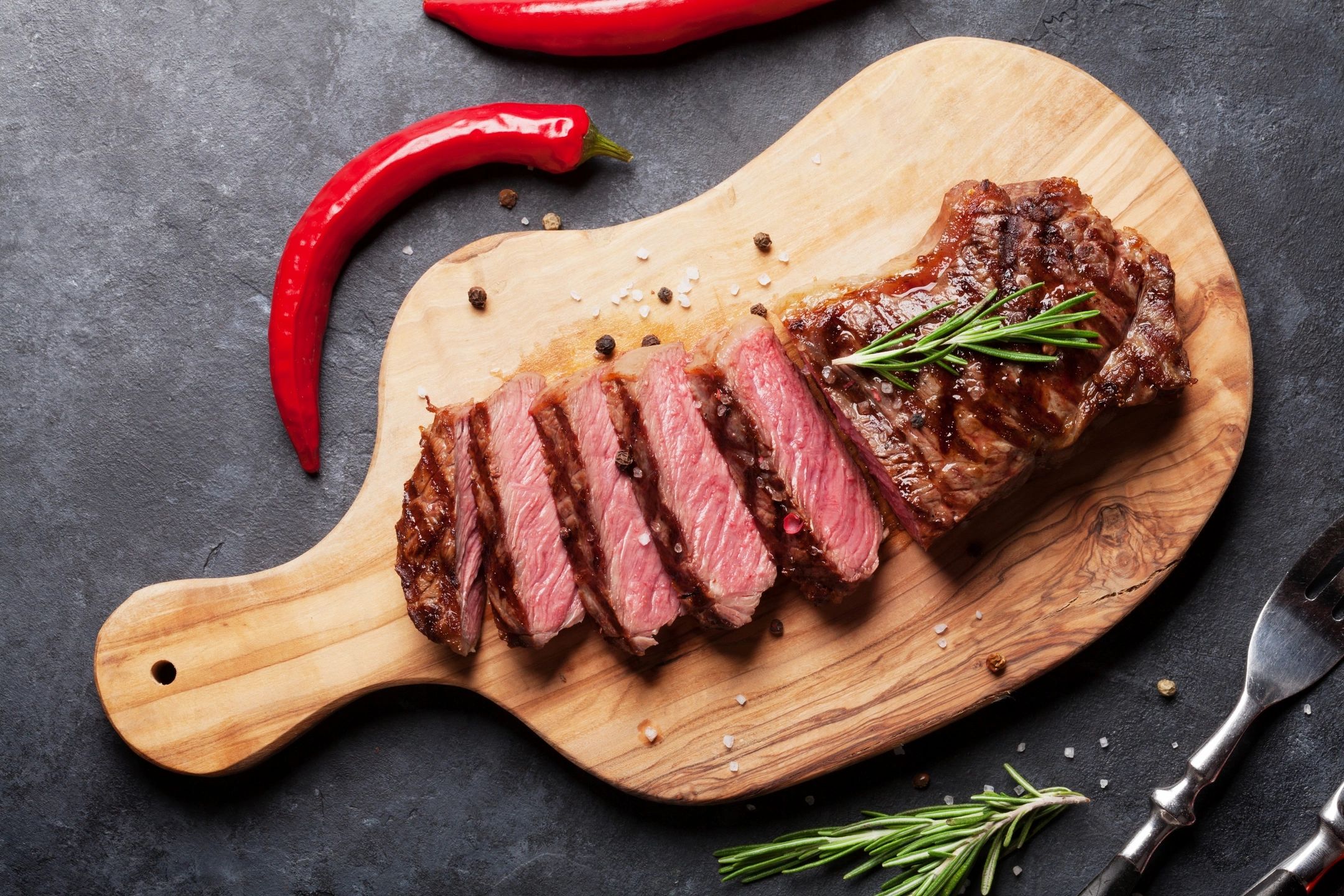Protein-rich foods for a healthy diet
Including protein-rich foods in your diet is essential for maintaining good health. Proteins are the building blocks of the body and play a vital role in various functions, such as muscle repair, immune function, enzyme production, and hormone synthesis. Protein is an essential nutrient that plays a crucial role in maintaining overall health and well-being. It is often referred to as the building block of life because it is involved in various biological processes and is necessary for the growth, repair, and maintenance of body tissues.
Healthy protein foods for muscle building
Here are some reasons why protein is important in your diet
Muscle growth and repair
Protein is necessary for the synthesis and repair of muscle tissues. During physical activity or exercise, muscle fibers undergo micro-tears that need to be repaired for muscle growth and recovery. Adequate protein intake supports this process, helping to rebuild and strengthen muscles.
Enzymes and hormones
Proteins serve as enzymes, which are molecules that facilitate biochemical reactions in the body. They act as catalysts, promoting essential chemical reactions involved in metabolism, digestion, and other physiological processes. Additionally, many hormones are made up of protein structures and play vital roles in regulating various bodily functions.
Tissue maintenance and cell structure: Protein is essential for the maintenance and renewal of tissues throughout the body. It helps to replace old or damaged cells with new ones, contributing to the health and integrity of organs, skin, hair, nails, and other body structures.
Immune function
The immune system relies on proteins to produce antibodies, which are essential for fighting infections and diseases. Protein intake is crucial for the proper functioning of the immune system and the production of immune cells and molecules that defend the body against harmful pathogens.
Energy source
While carbohydrates and fats are the primary sources of energy, protein can be used as an energy source when needed. During periods of calorie restriction or intense exercise, the body can break down protein into amino acids, which can then be converted into glucose or used as a direct energy source.
Satiation and weight management
Protein has a higher satiety value compared to carbohydrates or fats, meaning it can make you feel fuller for longer. Including protein-rich foods in your diet can help control appetite and reduce overeating, which may contribute to maintaining a healthy weight or supporting weight loss efforts.
Getting enough protein is easier than you think if you know your options. Here are some excellent sources of protein that you can incorporate into your diet.
Lean meats: Chicken breast, turkey, lean beef, and pork are all excellent sources of high-quality protein.
Fish: Salmon, tuna, trout, sardines, and other fatty fish are not only rich in protein but also contain omega-3 fatty acids, which are beneficial for heart and brain health.
Eggs: Eggs are a complete protein source, providing all the essential amino acids your body needs. They are also versatile and can be prepared in various ways.
Dairy products: Greek yogurt, cottage cheese, and other low-fat dairy products are rich in protein and also provide calcium and other essential nutrients.
Plant-based proteins: For vegetarians and vegans, there are plenty of plant-based protein sources, such as legumes (beans, lentils, chickpeas), tofu, tempeh, edamame, and peas.
Quinoa: A grain-like seed that contains all nine essential amino acids, making it a complete protein source.
Nuts and seeds: Almonds, peanuts, cashews, chia seeds, flaxseeds, and pumpkin seeds are good sources of protein and healthy fats.
Seitan: Also known as wheat gluten, seitan is a high-protein meat substitute commonly used in vegetarian and vegan dishes.
Protein-rich vegetables: Broccoli, spinach, Brussels sprouts, and peas are examples of vegetables that provide a decent amount of protein.
Protein supplements: Protein shakes and powders can be an option for those who struggle to meet their protein needs through whole foods alone.



